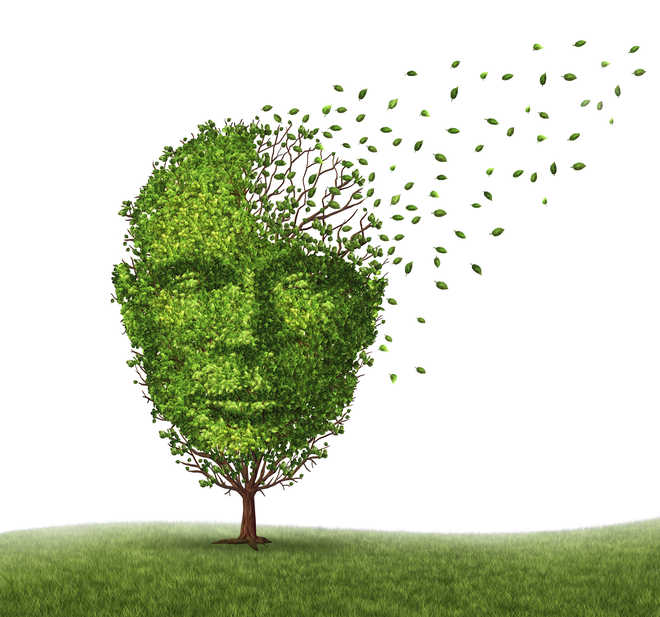
Dementia is currently the second leading cause of death in Australia, the researchers said. Photo: Thinkstock
Sydney
Researchers have found an increase in medication use by the patients who have been newly-diagnosed with dementia and they may consume unnecessary or inappropriate medicines that increase the risk of side effects.
"Our study found that following a diagnosis of dementia in older people, medication use increased by 11 per cent in a year and the use of potentially inappropriate medications increased by 17 per cent," said lead author Danijela Gnjidic, Senior Lecturer from the Faculty of Pharmacy and Charles Perkins Centre at University of Sydney.
According to the researchers, potentially inappropriate or unnecessary medications included sleeping tablets, pain drugs, depression drugs and acid reflux drugs (proton pump inhibitors).
"These medications are typically recommended for short term use but are commonly used long term by people with dementia," Gnjidic said.
Around 50 million people live with dementia around the world—425,000 in Australia alone. Also, dementia is currently the second leading cause of death in Australia, the researchers said.
The longitudinal study, published in the Journals of Gerontology: Medical Sciences, of nearly 2,500 people was conducted in collaboration with Yale University and University of Kentucky.
The researchers conducted longitudinal study using the National Alzheimer's Coordinating Center data.
"A number of reasons may account for this, including inadequate guidelines, lack of time during physician patient encounters, diminished decision-making capacity, difficulties with comprehension and communication, and difficulties in establishing goals of care," the researcher said.
"These findings are of major concern and highlight the importance of weighing up the harms and benefits of taking potentially unnecessary medications as they may lead to increased risk of side effects such as sedation or drowsiness, and adverse drug events such as falls, fractures and hospitalisation," the researchers added. IANS



























